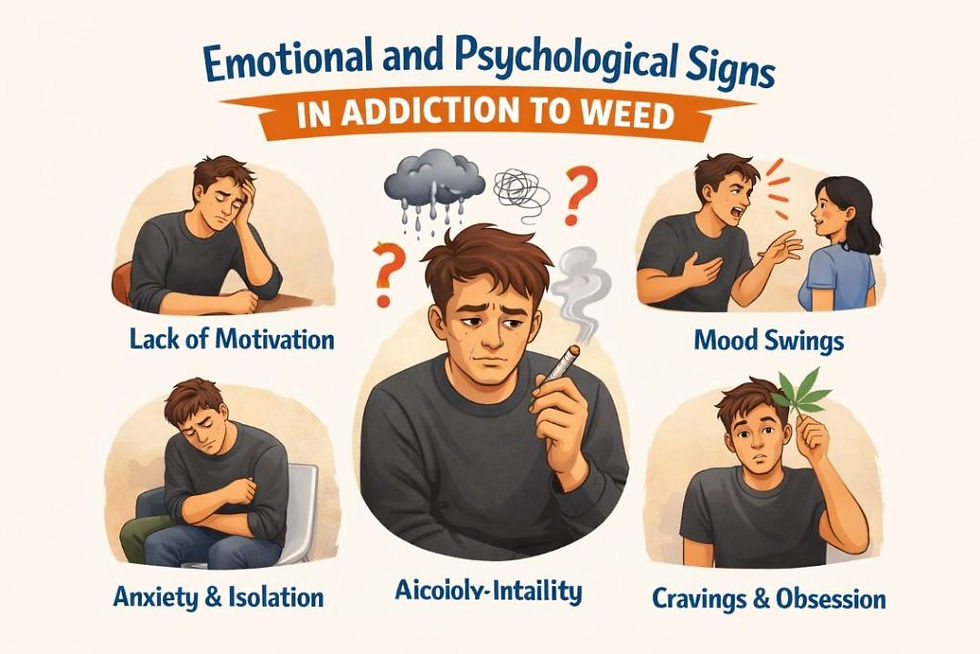National Grief Awareness Day: Support Available
- Felicia Parris

- Aug 31, 2025
- 3 min read
Honoring National Grief Awareness Day: Compassion, Connection & Healing (August 30, 2025)
Annually, the globe observes National Grief Awareness Day on August 30 as a vivid reminder that grief is a shared, very human experience, one that requires space, kindness, and empathy. National Grief Awareness Day was initiated by grief campaigner Angie Cartwright in 2014 after facing immense personal loss. National Grief Awareness Day hosts open conversations regarding grief, eliminates stigmas, and fosters a culture of support.

Understanding the Significance of August 30
National Grief Awareness Day is a direct result of Cartwright’s personal experience and her vision for shifting cultural discomfort around loss. Rather than urging everyone to “move on,” the day makes a request for acceptance that grief is unique, non-linear, and utterly normal, whether it arises out of death, divorce, loss of employment, or change of personality. Today, worldwide, organizations, communities, and professionals use August 30 to promote awareness of the emotional richness of grief and the need for long-term, sensitive support.
Why Public Recognition Matters for Grief
It’s a common yet intangible experience. Although many will have known grief personally at some point, many feel rendered invisible or coerced into a “bouncing back” attitude. This awareness day resists that coercion.
Grief is not a checklist. The traditional models, like the five stages, denial, anger, bargaining, depression, acceptance, don’t capture the messy, dynamic nature of grief.
Validation matters. Disenfranchised grief, such as mourning a pet, a breakup, or a lost identity, often goes unrecognized, and it adds to isolation.
How You Can Celebrate National Grief Awareness Day
Here are some meaningful, compassionate ways to honor the day:
Acknowledge grief willingly. Use the person’s name, say, “I’m there for you,” or “I may not understand exactly what you’re going through, but I care.”
Listen with presence. Sometimes, sitting in silence or simply being there is more restorative than words. Offer a hug, a quiet presence, or kind eye contact.
Avoid clichés or quick fixes. Phrases like “At least…” or religious platitudes may feel dismissive. Instead, validate their hurt and communicate genuine empathy.
Offer specific, hands-on help. Rather than “Let me know if you need anything,” say, “I’m bringing a meal tomorrow,” or “Can I pick up groceries or walk your dog?”
Continue caring. Grief doesn’t end at the funeral. Check in on birthdays, anniversaries, or ordinary days to remind them they’re not forgotten.
Encourage peer or professional support. Suggest grief therapy, support groups, or community resources tailored to individual needs.
The Power of Community and Therapy
Peer groups like GriefShare or bereavement circles provide supportive environments to share, listen, and learn from others who “get it.”
Grief counseling helps individuals process difficult feelings, build resilience, and restore routines, especially in prolonged or complicated grief.
Remembering and storytelling, even revisiting painful memories, can be deeply therapeutic, helping honor lost loved ones while fostering connection.
Why This Matters for You and Your Loved Ones
By honoring National Grief Awareness Day, you affirm an important truth: It’s okay not to be okay. Your emotions are valid, and you don’t have to carry them alone. Whether you are grieving yourself or standing alongside someone who is, your compassionate awareness creates ripples of healing, today and into the future.
Begin Your Healing Journey with DeLand Treatment Solutions
If grief has touched your life or the life of someone you care about, know that support is within reach. At DeLand Treatment Solutions, we provide compassionate resources and services designed to help individuals and families navigate loss with dignity, care, and community.
📞 Call us today at (386) 866-8689 to connect with our caring team and take the first step toward healing.
Take that step toward healing, today or whenever you are ready. You are not alone. Together, we can rebuild hope, restore connection, and honor the memory of what has been lost.



Comments